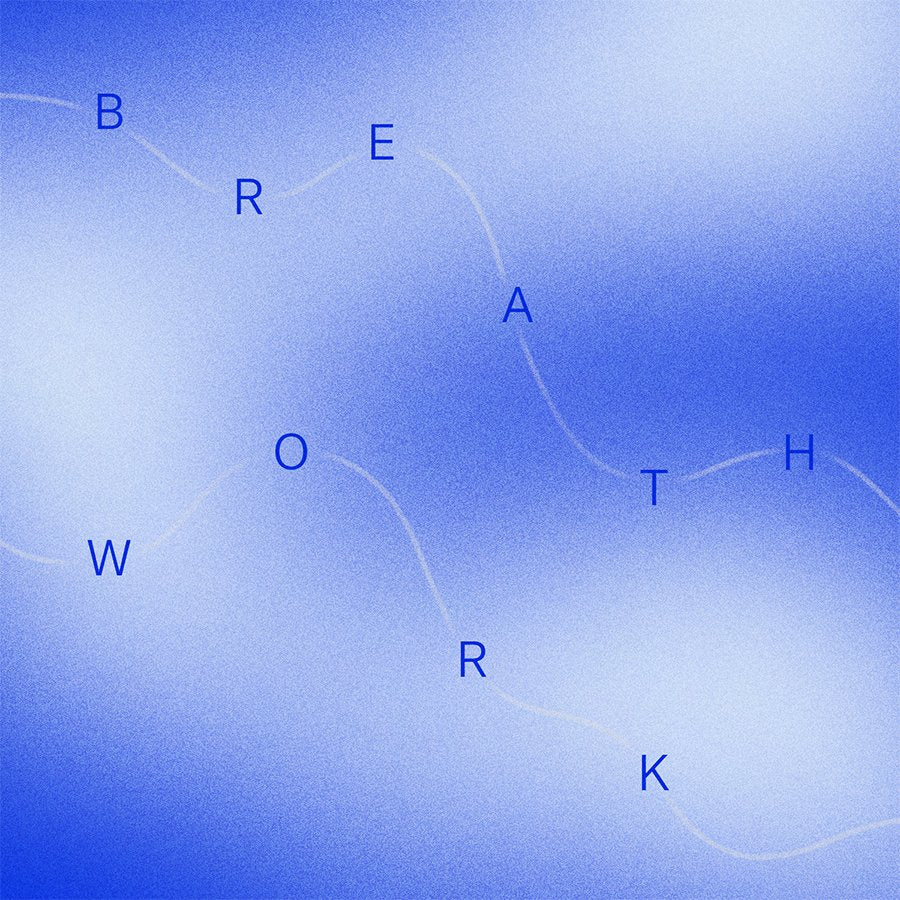When it comes to sex and intimacy, breathwork can be a major catalyst for connection with ourselves and others. Breathwork describes the conscious control of one’s pace and/or depth of breathing. There are several methods, but all are rooted in ancient healing practices, known to reduce stress and induce states of bliss. Biologically, we know the heart is anatomically tied to the lungs, and our sex organs become more sensitive when the heart pumps and blood flow increases; all of our cells rely on the oxygen carried in the blood. So then, why do we catch ourselves holding our breath, waiting for things to jump off or even right smack in the middle of a sex act?
Conscious Breathing vs. Subconscious Metabolic Breathing
Metabolic breathing is subconscious and happens involuntarily, even when we are sleeping. Lucky for us, the development of the human brain over time afforded us the ability to control our breathing patterns. Conscious breathing increases the amount of oxygen that the body and brain can access. Oxygenating the brain and body activates the parasympathetic nervous system and stimulates the release of hormones like oxytocin, linked directly to bliss, stamina, and whole-body relaxation. What could be better for taking an intimate encounter to the next level? Furthermore, scientists have confirmed that breathing together can syncopate two heartbeats into the same rhythm.
Breathwork as Mindfulness
With our attention on the breath, how it feels and where it goes, our consciousness stays present in our bodies and connected to our internal experience. Arguably, sex doesn’t only occur in a physical realm, much of it happens inside ourselves. So if you want to connect with someone else, the first step is connecting more deeply to yourself––getting real about your emotions and your desires.
As physical sensations of breathing become more prominent in our awareness, we are able to turn down the volume on our internal dialogue.
Breaking Down Barriers to Peace
Breathwork studies have shown positive impacts on a variety of conditions including anxiety, depression, mood disorders, and PTSD. Many of us will be familiar with breathing techniques used during childbirth to calm and reduce pain.
Quieting Inner Chatter
As physical sensations of breathing become more prominent in our awareness, we are able to turn down the volume on our internal dialogue. After all, who hasn’t experienced overthinking, anxious narratives or rumination that interrupts moments of intimate connection?
Orgasmic States of Bliss Consciousness
It may seem odd that something as simple as changing the breath could bring up a contactless climax––but it definitely happens. In fact, it has happened for me twice, quite unexpectedly in holotropic breathing rituals. Hallelujah!
Elevating Self-Awareness
Simply developing an awareness of your natural, subconscious breathing alone in any given circumstance can begin to tune us into sensations in the body that elicit honest indications of arousal or discomfort. Shallow or shaky breath can express fear or a diminished comfort level. Think fight or flight-or-freeze responses. Heavy breathing can signal our arousal. Each of these can be totally unintentional expressions of our internal experiences.
Hold Up
For better or for worse, we often hold our breath while performing a task or focusing on achieving a goal. Breath-holding happens under stress or threat, and it’s also common to hold our breath in anticipation of something whether it’s desired or dreaded. Take a step back to consider what your breath is telling you in terms of intimacy. Do you have expectations or desires that haven’t been acknowledged? Do you feel the need to perform in a certain way? What consequences are you imagining as a result of failure? Are you holding a goal-oriented approach to sex?
Breathwork can feel silly and awkward. But vulnerability is the hallmark of connection, so give it a shot.
The desire for sex and intimacy can create great expectations in new and changing relationships. When our bodies start calling during adolescence, we often lack the emotional maturity or vocabulary to describe our needs and boundaries to ourselves and others. Being seen, heard, and vulnerable in intimate moments may have become seriously stressful. Once the neural pathways are forged that tell us that sex is stressful, it can be difficult to retrace our steps. In these times, let an assessment of your subconscious breathing guide you to a more honest self-appraisal. Whether it’s practiced solo, in partnership, or in a group, breathwork can feel as silly and awkward as it may have felt to masturbate or be naked in front of someone else for the first time. But vulnerability is the hallmark of connection, so give it a shot.
Where to Start
As a solo practice, begin lying down with both feet planted flat on the ground, knees pointing to the sky. A duo can begin with one partner straddling another. The top partner will inhale, visualizing warm glowing energy entering through their sex center and rising up the spine, then exhale with energy pouring from the heart. The bottom partner will inhale, visualizing radiant energy flowing in through the heart, and then exhale slowly, imagining an energetic release from their sex center. Syncopate breathing to a count of four for each inhalation and exhalation. Continue this circular pattern for at least five to 10 minutes. In solo practice, embrace either the top or bottom breathing pattern described above and feel free to try both at different times. Gently return to normal breathing and be sure to thank your body and your partner for sharing the experience.





















































1 comment
Bonjour, Merci beaucoup pour ce partage et de votre expérience. J’ai 53 ans et j’essaie toujours de travailler sur la pleine conscience lors de mes rapports sexuels. Les orgasmes sont tous différents les uns des autres. Mais la maîtrise peut être très forte.
Être dans l’instant présent et ressentir ses sensations fortes des caresses données et de maîtriser de sa respiration qui apportera de magnifiques orgasmes.
Merci encore